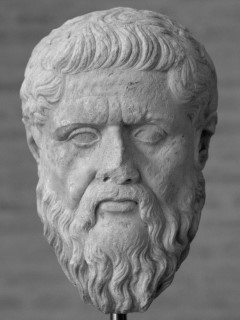

Intelligence as a conceptual construct
the philosophy of Plato and Pascal
pp. 83-92
in: Sam Goldstein, Dana Princiotta, Jack A. Naglieri (eds), Handbook of intelligence, Berlin, Springer, 2015Abstract
This chapter presents the lives and ideas of whose work sets an integral foundation for our current conceptualizations of intelligence. Plato and Pascal's speculation for the love of Wisdom offered hundreds of years ago—the former originating in France and the latter in Greece, remain vibrant today. Plato provided foundations for the future of mathematics, reason, morals, equality, science, and nature. Western society has inherited Plato's teachings of the physical body and the immortal soul, which has provided support for the prominent world religions including Jewish, Christian, and Islamic studies. Plato's teachings are imperative to our modern construction of intelligence, making him a prominent figure for educators, historians, and scientists to study. Pascal reveals his thoughts on intelligence and reason in Pensées. Pensées was considered to be one of Pascal's greatest contributions. As a philosopher, Pascal initiated important discussions regarding intelligence and the acquisition of knowledge. He accomplished much in his 39 years as a philosopher. Pascal has challenged us to better understand and weight the merits of both reason and religion (Rogalsky, Blaise Pascal–mathematician, mystic, disciple. J Assoc Christ Math Sci, 2006). Both men produced important contributions and philosophies to the concepts of intelligence.




